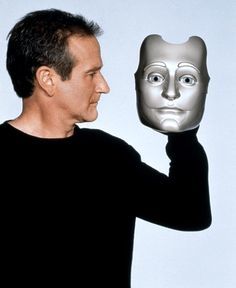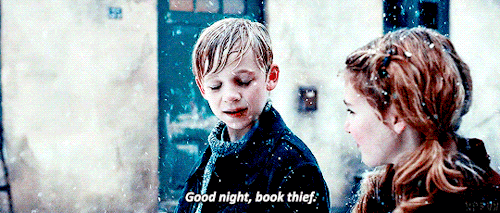What do you think?
Rate this book


In the twenty-first century the creation of the positronic brain leads to the development of robot laborers and revolutionizes life on Earth. But to the Martin family, their household robot NDR-113 is more than a trusted friend, a confidant, a member of the family. For through some unknown manufacturing glitch, Andrew has been blessed with a capacity for love and a drive toward self-awareness and devlopment that are almost...human.
But almost is not enough. Andrew's dream is to become fully human. Facing human prejudice, the laws of robotics, and his own mechanical limitations, Andrew will use science and law in his quest for the impossible, arriving at last at a terrifying choice: to make his dream a reality, he must pay the ultimate price.
290 pages, Paperback
First published January 1, 1992

